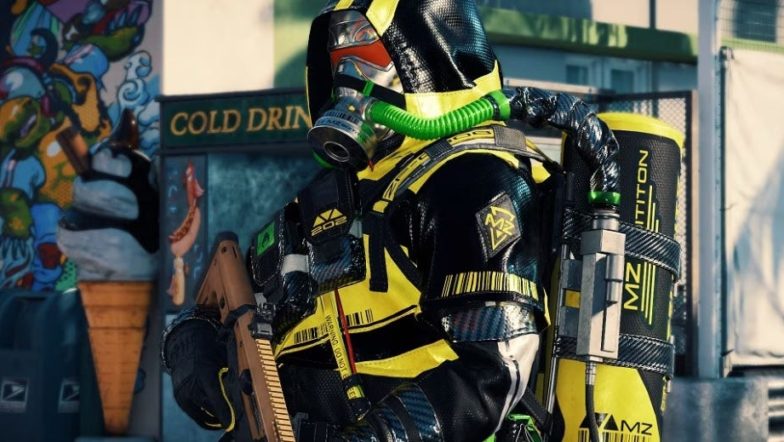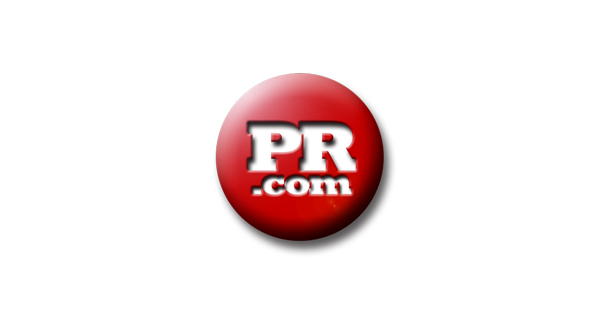The House January 6 select committee outlined criminal referrals against Donald Trump for charges that experts believe the justice department could definitely pursue should it move forward with prosecuting the former US president over his efforts to stop the congressional certification of the 2020 election.
The panel voted at its final public session on Monday to recommend prosecution for Trump for four possible crimes: obstruction of an official proceeding, conspiracy to defraud the US, conspiracy to make a false statement and incitement of insurrection.
The criminal referrals are largely symbolic since Congress has no ability to compel the justice department to seek charges, and federal prosecutors for months have been running their own parallel investigation into the Capitol attack and Trump’s efforts to overturn his defeat.
But the referrals, which provided an analysis of the possible criminal conduct and supporting evidence not dissimilar to internal prosecution memos produced by the department prior to indictments, included several statutes that the new special counsel is almost certain to consider, according to two former US attorneys.
The first referral for obstruction of an official proceeding, legal experts said, appeared to be the most likely charge that federal prosecutors might consider with respect to charging Trump over his attempts to delay the 6 January certification of Joe Biden’s election win.
The panel said that Trump appeared to meet the elements of the offense – “corruptly” seeking to “impede any official proceeding” – when he pressured his vice-president, Mike Pence, to refuse to count electoral college votes for Biden when he had been told that the plan was illegal.
While Trump’s efforts to get Pence to stop the certification alone was sufficient for a charge, the panel added, Trump could be prosecuted for trying to create fake electoral college slates since they were done ultimately as cover for Pence to decertify Biden votes.
The second referral for conspiracy to defraud was another possible charge that is likely to be considered by federal prosecutors, the experts said, since it does not need to be connected to an underlying crime besides impairing a lawful government function through dishonest means.
Partly overlapping with the first referral, the panel suggested Trump could be charged with conspiracy because his attempts to stop the 6 January certification were done “dishonestly” – as the plot to get Pence to decertify election wins for Biden were “manifestly (and admittedly) illegal”.
While the justice department has previously looked at the conspiracy to defraud statute, most recently by Robert Mueller, whether it would make a case against Trump is less clear given that the supreme court has interpreted the statute more narrowly to deal with money, rather than public corruption.
The third referral for conspiracy to make a false statement was, according to the legal experts, an appropriate choice if the justice department could prove conclusively that Trump was part of the conspiracy to submit the fake electoral slates to Congress and to the National Archives.
The false statement statute under section 1001 of the criminal code is typically conceived of as lying to law enforcement, but it does include language about making or using documents known by the co-conspirators to be fraudulent.
Although the select committee presented the third referral as straightforward, legal experts said proving that Trump was part of the conspiracy could prove tricky: they would have to show he was personally involved in the plot, and that he knew it was to be used to induce illegal acts by Pence.
The justice department would also have to refute Trump’s longstanding defense that the fake electors were not for an illegal end – but just a contingency plan to assemble alternative slates in case Republican statehouses formally decided to replace Biden electors with Trump electors.
The fourth referral for incitement of insurrection would be the most unlikely charge for the department to pursue, the legal experts said, even though the statute requires prosecutors to show merely that Trump assisted lawless activity connected to 6 January.
At issue is the fact that Trump would almost certainly argue that both his now-infamous tweet urging supporters to protest at the Capitol – “Big protest in D.C. on January 6th,” Trump wrote. “Be there, will be wild!” – and his speech at the Ellipse rally could be protected first amendment activity.
The legal standard for inciting or assisting insurrection derives from the landmark 1969 Brandenburg v Ohio supreme court decision that found the government may not prohibit speech unless it was designed to incite imminent lawless action.
Unless it could be shown that Trump knew of a plan, either by the Proud Boys or Oath Keepers far-right extremist groups, to storm the Capitol when he sent the tweet on 19 December 2020 or when he told his supporters to “fight like hell” during his Ellipse speech, the department could balk at charges, the experts said.







Write a comment
Your email address will not be published. Required fields are marked *